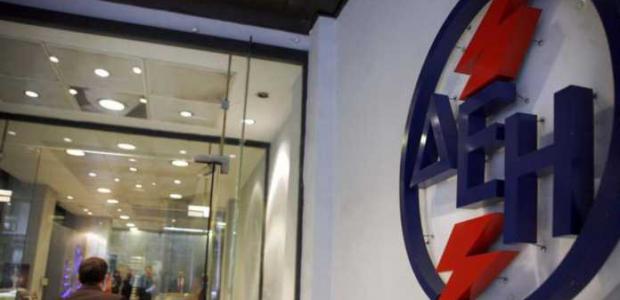Main power utility PPC’s delayed decision to cast doubts the NOME auction starting price level has angered the Greek government, which has refused to comment on the matter, energypress sources have informed.
The utility’s decision to take its case to the Council of State, the Supreme Administrative Court of Greece, a move aiming to stop the next NOME auction from beng held, threatens to destabilize the governmnet’s overall policy concerning PPC.
If PPC’s intervention affects the NOME process, PPC risks facing harsh measures down the road that would take an even greater market share away from the utility.
Commenting last night, PPC officials assured that they are not reacting against the arrival of the NOME auctions – introduced last month with the intention of providing third parties with access to PPC’s low-cost lignite and hydropower sources as a measure to help break the utility’s market dominance – but the formula used to determine the starting price.
The government has highlighted that its avoidance of a majority-stake sale of PPC subsidiary IPTO, the power grid operator, as well as its avoidance of PPC’s part-privatization – an older plan forged by the previous government concerning the sale of 30 percent of the utility, locally dubbed “Little PPC” – stand as key political accomplishments.
However, the country’s bailout agreement stipulates that if the NOME auctions fail to produce the desired results, meaning specific and considerable retail market share gains for independent suppliers, then structural measures will automatically be imposed to deliver these intended results.
These alternative measures would most probably entail the sale of PPC units, prompting the surrender of a 50 percent market share by 2020, well over the “Little PPC” approach’s 30 percent sale.
Responding to PPC’s opposition to the NOME auctions, as well as the country’s temporary CAT mechanism, market officials noted that the utility is repeatedly expressing hostile views against the implementation of market mechanisms needed to reform and liberalize Greece’s electricity market.
The inaugural NOME auction’s low starting price and subdued bidding thoughout the session guranteed low purchase prices for participants, who walked away feeling satisfied. PPC officials, who had anticipated more aggressive bidding and higher prices, were not pleased.
Based on the bailout requirements, PPC will need to have surrended around 20 percent of its market share to independent suppliers in 2017. Even so, judging by its latest move, the utility appears determined to avoid such a development. PPC’s perennial monopoly is slowly eroding. PPC’s market share has slipped to a level of about 88 percent.





